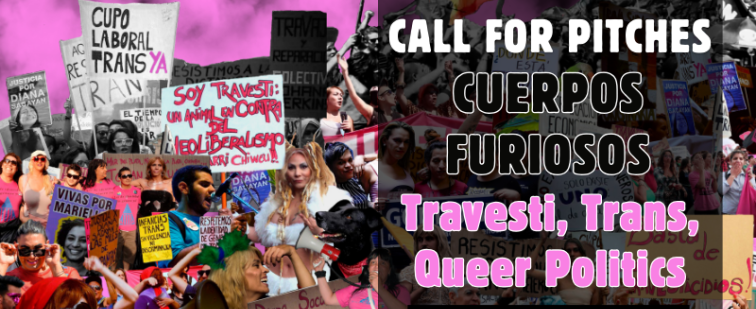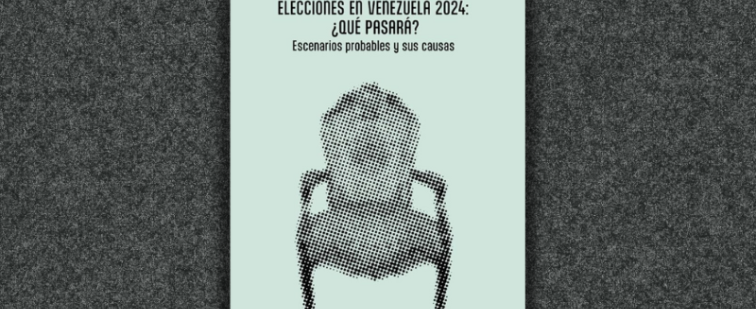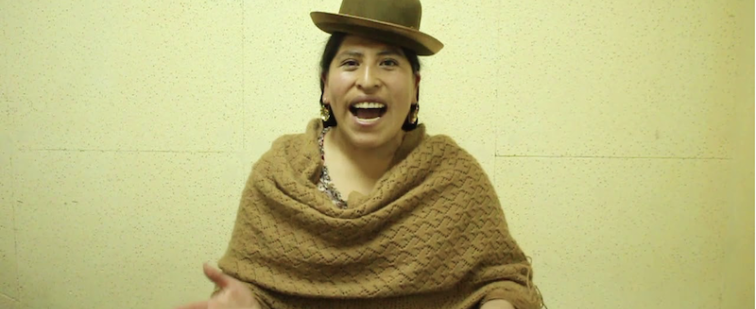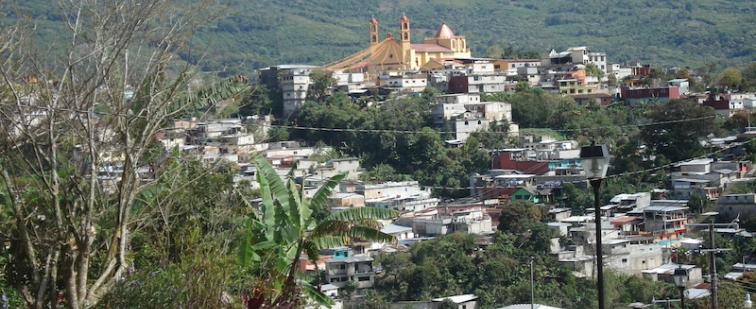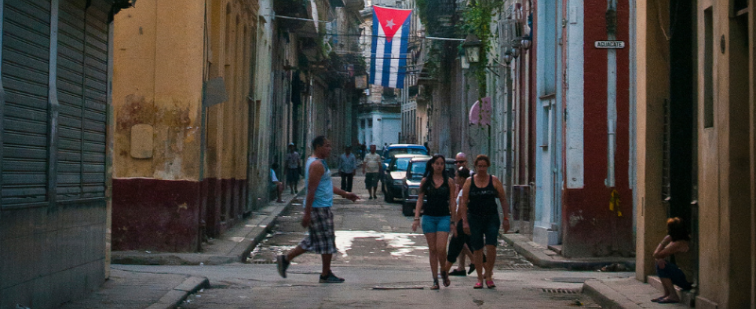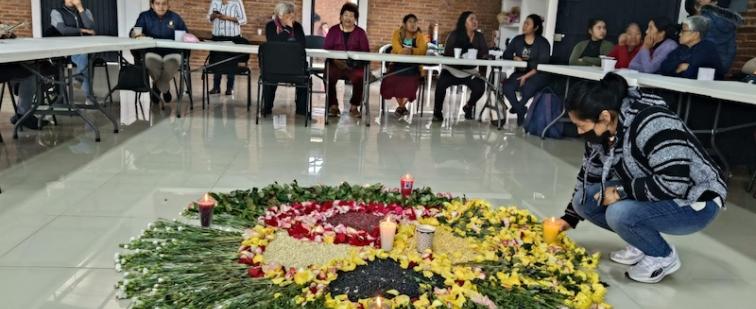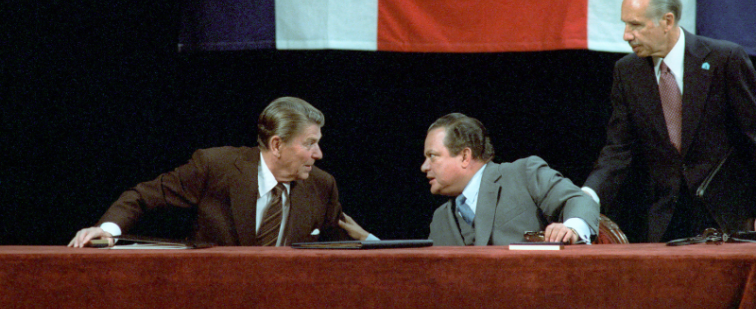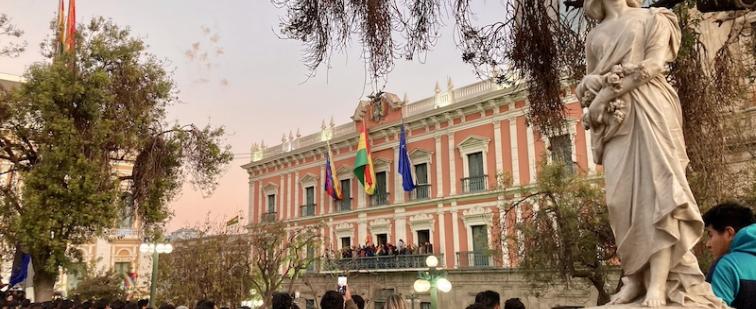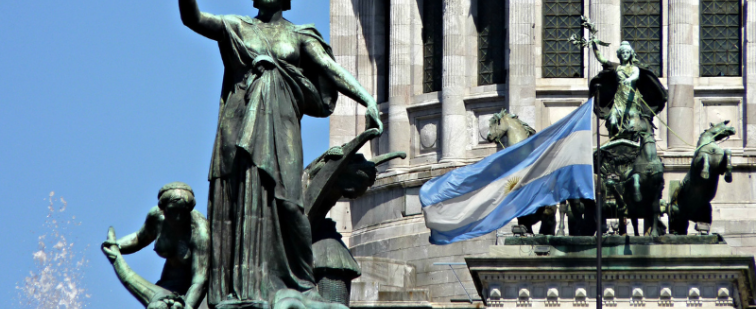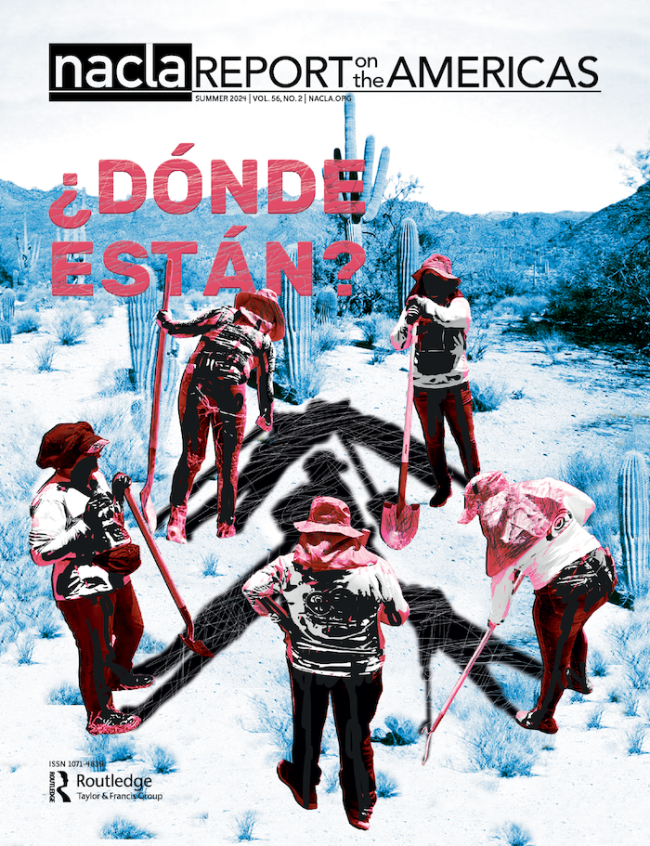Home
International and local media have repeatedly accused the Venezuelan government of stifling "free speech." But a recent controversy over an opposition news channel's coverage of a mild earthquake shows the government has legitimate reasons for holding politically motivated news channels accountable. The controversy also demonstrates how foreign media promote local distortions seeking to demonize the Chávez government.
Beginning with a series of protests last year, Peru's Amazonian indigenous groups are now leading a full-fledged rebellion against the pro-business policies of President Alan García. The government has responded with brutal violence to the protests, which are demanding that a series of decrees to promote extractive industries in the jungle be overturned among other things. Amazonian groups, who are being joined by an ever-widening swath of society, are now calling for García's resignation.
In the following excerpts from a conversation in December, Ramírez Leyva, a Mixtec restaurant owner in the southern Mexican city of Oaxaca, calls for a profound rethinking of the market-based models of profit and trade that lie at the heart of capitalist understandings of food policy.
The political crisis currently unfolding in Guatemala reads like the script of a Hollywood summer blockbuster. The Economist even quipped that it was like something out of Gabriel García Márquez’s novella Chronicle of a Death Foretold. But this is far from magical realism; in fact, it was the virtual reality of interactive networking websites – collectively labeled by some "Web 2.0" – that may have brought a presidency to its knees.
The Mexican government's increasing crackdown on social movements underscores the urgency for the Obama administration to move away from a failed drug war model. The military aid Washington is sending across the border is facilitating a militarization of Mexican society that will likely cause greater suppression of political dissent.
Grants for biofuel crop production from the US Agency for International Development (USAID)—paid for through Plan Colombia, the multibillion-dollar US aid package aimed at fighting the drug trade—appears to have put drug-war dollars into the hands of a confessed paramilitary and two accused narco-traffickers, in possible violation of federal law. USAID internal documents, corporate filings and press reports raise questions about the agency’s vetting of applicants, in particular its ability to detect their links to narco-paramilitaries, violent crimes and illegal land seizures.
Ecuador’s leading social movements remain skeptical about whether Correa's re-election will translate into the deep social changes promised by the country’s new Constitution. Ecuador’s indigenous federations are still reeling from a bitter fight over a controversial mining law that the President pushed through the interim Congress in January. Many indigenous groups withheld their support for Correa in the April general elections, possibly costing his party a majority in the newly established unicameral National Assembly.
El Alto-based hip-hop artist Abraham Bojorquez died early in the morning on Wednesday, May 20 in El Alto, Bolivia. He was killed when a bus hit him as he walking home. Abraham, 26 years old, was a member of the popular hip-hop group Ukamau y Ké. His music blended ancient Andean folk styles and new hip-hop beats with lyrics about revolution and social change.
Recently declassified documents obtained by investigators Jeremy Bigwood and Eva Golinger reveal that the U.S. Agency for International Development (USAID) has invested more than $97 million in “decentralization” and “regional autonomy” projects and opposition political parties in Bolivia since 2002, showing USAID has funded and fomented separatist projects promoted by regional governments in Eastern Bolivia.
La Vía Campesina movement continues to grow worldwide. Last October, the movement held its Fifth International Conference in Mozambique, strengthening its presence in Africa. A few years earlier, the organization's headquarters was moved to Jakarta and is now under the leadership of the Indonesian Peasant Union, making inroads in Asia, where the majority of the world’s rural peoples live. While Latin American organizations continue to play an important leadership role in La Vía Campesina.

